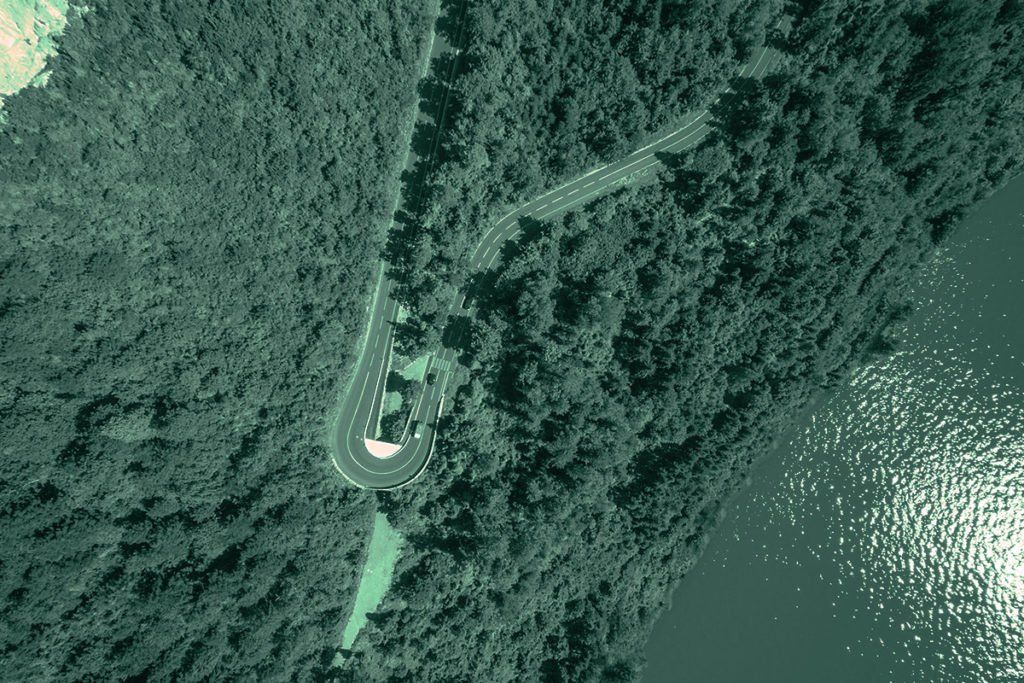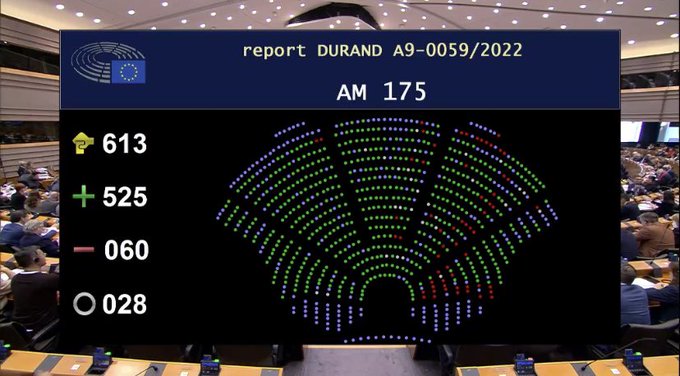But where does the raison d'être come from?!
A subject that was still unknown - or at least in its infancy - last year, this notion has now invaded the media ... and the heads of managers.
A little genealogy reveals that, far from having fallen from the sky and being a mere passing fad, the idea behind the expression "raison d'être" has been in the making for 10 years. For 10 years: because it was the crisis of 2008 that precipitated the questioning of business as usual.
With the subprime crisis and its disastrous social consequences came the need to redefine the role of companies in our societies, and the call for a fairer sharing of the value created. The excesses of financialized capitalism awakened people's consciences - or simply their common sense:
Can we continue to consider that a company's sole purpose is to maximize shareholder value, in an inevitably short-termist logic since results are published every quarter?
Various contributors then take the floor to envisage other models, paving the way for the emergence of the notion of raison d'être.
In 2009, Cécile Renouard and Gaël Giraud published 20 proposals for reforming capitalism.
The book argues for the need to "re-embed the economy in the fabric of society, (to) orient it according to criteria that are both ethical and political". It proposes concrete avenues "for a green, equitable and pluralist capitalism": the first is to define the responsibility of companies towards their various stakeholders.
Another is to systematically integrate so-called "ESG" criteria (environment, social, governance) into investment decisions and company management. An independent audit and rating body, paid for by the public authorities, would verify this.
In 2011, Michael Porter and Mark Kramer published an article in the Harvard Business Review entitled "Creating Shared Value".
They theorize about the creation of shared value: the idea that the company's profit should merge with that of its stakeholders in a positive-sum game.

The key is sustainable, equitable performance that combines financial success with social progress. The two authors define three ways of achieving this: "rethinking products and markets, redefining productivity in the value chain, and building ecosystems that support local production".
In 2012, economist Jacques Attali submitted a report on the "positive economy" to the French President.
It already suggests a rewrite of article 1833 of the French Civil Code: "the company (...) must be managed in the plural interest of the stakeholders, and contribute to the general interest, notably economic, environmental and social" .
"Against the dictatorship of urgency", Attali's positive economy "aims to reorient capitalism towards taking long-term issues into account", and plays the altruism card against the destructive individualism that prevails in the ultra-financialized market economy. " Patient capitalism" and "positive finance" are no longer oxymorons, but goals to be achieved in order to meet the social, ecological and technological challenges of 2030.
In 2018, and as a premise for the PACTE law, Nicole Notat and Jean-Dominique Senard submitted their Report "L'entreprise, objet d'intérêt collectif" .
Following on from previous statements on the dangers of Anglo-Saxon-style "disintermediated and financialized" capitalism, the former CFDT General Secretary and the former Michelin CEO decry the need to revive the tradition of a more socially responsible European capitalism.
To this end, a new tool is proposed: the " raison d'être", which formulates the usefulness of the company not only for its shareholders, but for all its stakeholders.
A company exists and grows because it meets a real need and enjoys the confidence of its entire ecosystem. Far from being confined to the economic sphere, it becomes fully involved in the smooth running of society and the construction of a desirable future.
All this work has contributed to the maturing (or re-emergence) of the idea that business is not just a question of "having" but also of "being", that the fundamental meaning of the project goes beyond the exclusive pursuit of profit.
The concept of raison d'être is the fruit of this, and its legal existence now makes it possible to move from theory to practice: thanks to it, we can now embark on the new corporate paradigm that public debate and citizens have been calling for over the past decade.


